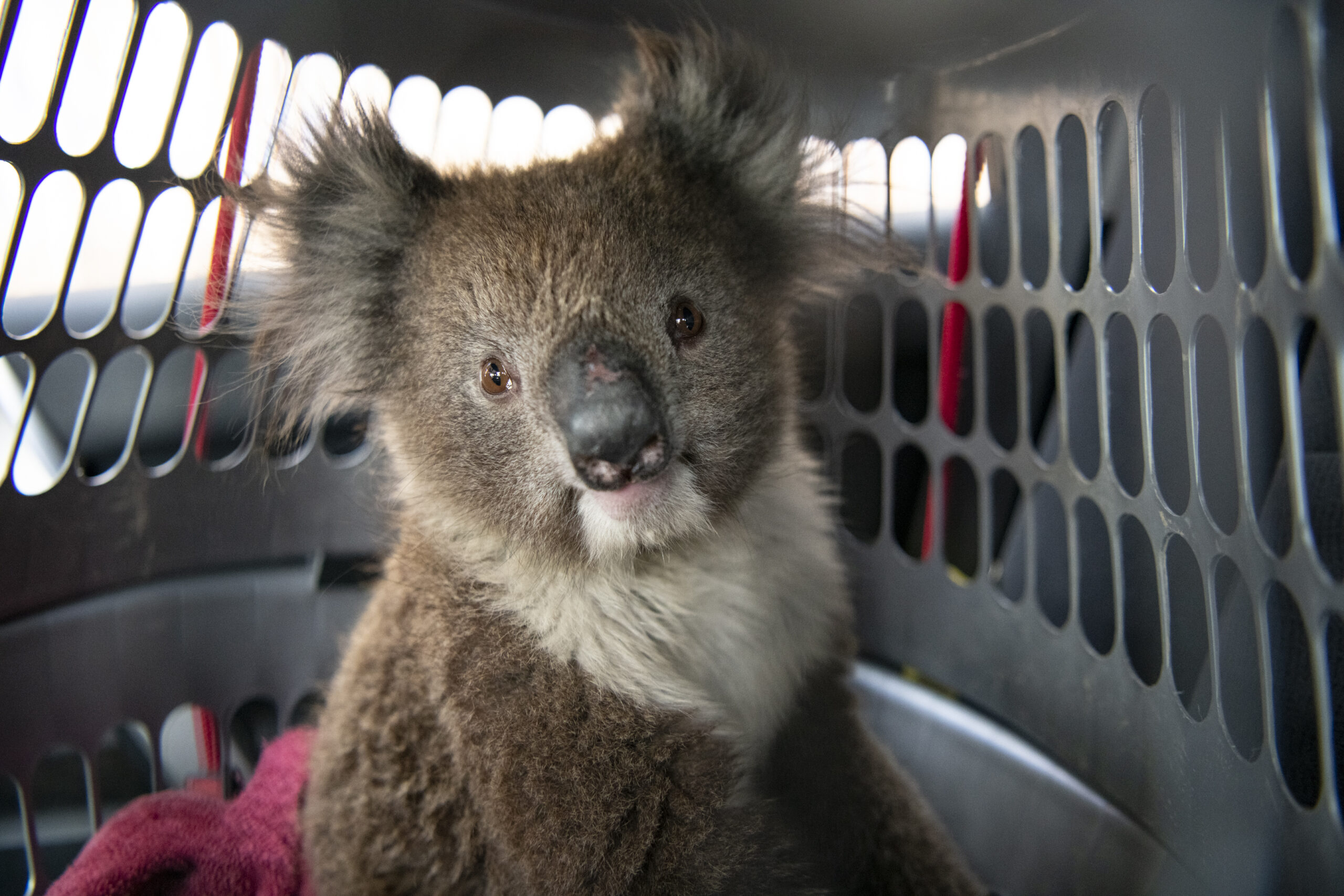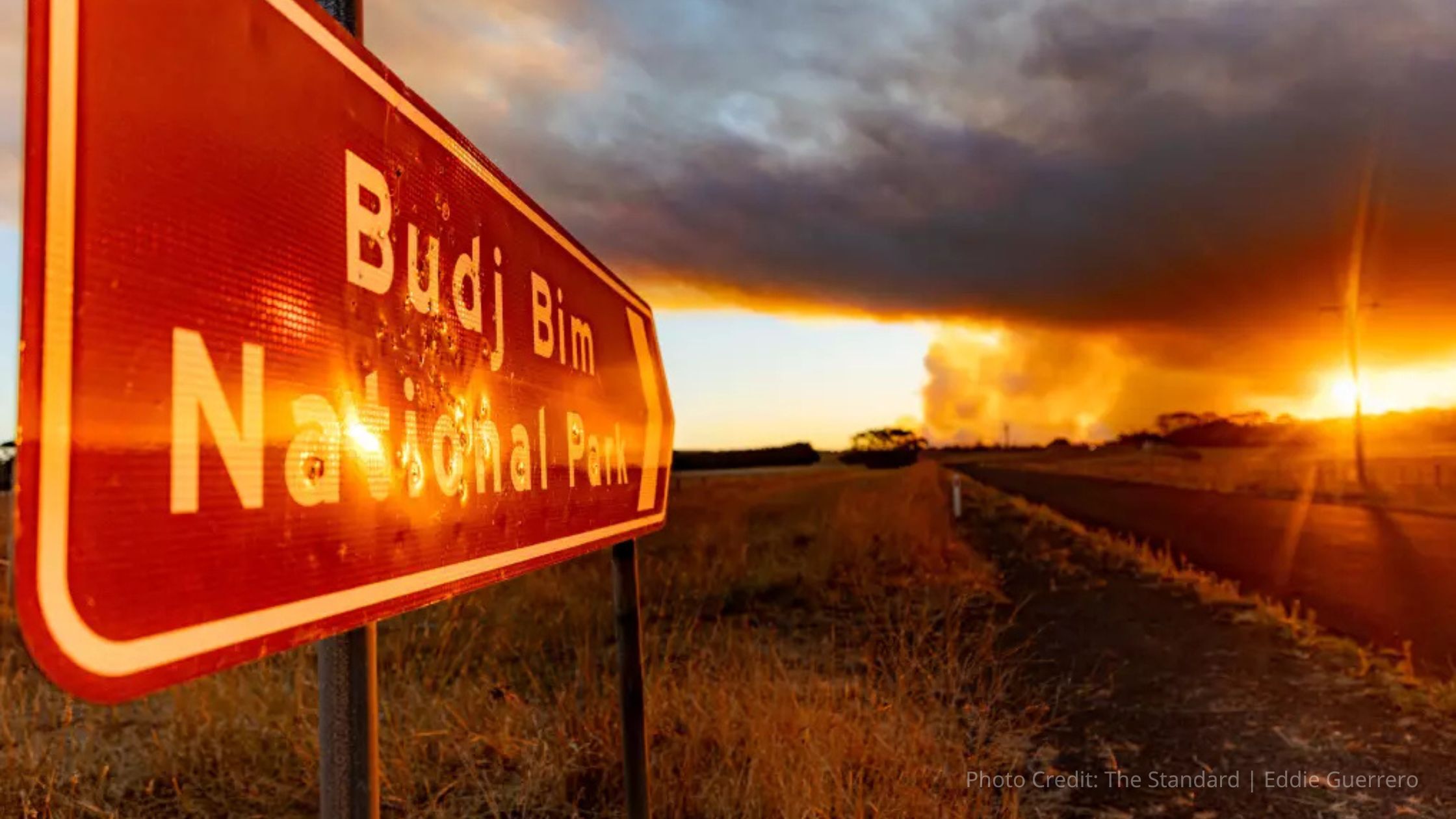Parliamentary inquiry into the management of blue gum plantations and koalas. Humane World for Animals is relieved to report that the koala shooting in Victoria’s Budj Bim National Park has stopped, with helicopters grounded last Friday, 25 April. Following fires in the area known to be home to a large...
Over the past three weeks Humane Society International’s Seabird Consultant Nigel Brothers and I have got up at 5am to attend virtual meetings of the Agreement on the Conservation of Albatrosses and Petrels (ACAP). This is the international agreement that seeks to conserve albatrosses and petrels—the most imperilled group of birds on the planet—through the coordination of international actions to address the threats they face.
We didn’t mind the early starts because these meetings are essential to continue to drive actions to conserve albatrosses and we were pleased to present a paper on a study Nigel did using high-resolution satellite images to count nesting Short-tailed Albatross Phoebastria albatrus on two islands in the Senkaku Island group. Conventional population monitoring has not occurred in this location for 19 years due to a territorial dispute restricting access to the breeding sites. Analysis of the highest-resolution image resulted in an estimate of 122 nesting pairs in the 2021 breeding season, compared to 52 when last counted in 2002. HSI hopes that adoption of this new technique will enable further population modelling in difficult to monitor sites.
Another issue of deep concern to HSI is seabird bycatch in domestic and international fisheries—one of the key threats facing albatrosses. ACAP seeks to help countries reduce this bycatch through the development of best practice seabird bycatch measures—tried and tested mitigation measures to reduce the catch of seabirds in fisheries, agreed by technical experts who attend the meetings.
At this meeting these best practice measures were further refined for each fishing method, as they are at every meeting. Every fishery is different so the measures proposed are intended to give fisheries a choice best suited to their situation. HSI has been a strong advocate for the development and promotion of these best practice seabird bycatch mitigation measures, especially at international tuna Regional Fisheries Management Organisation (RFMO) meetings.
Implementation of these best practice seabird bycatch measures is critical if albatross and petrel populations are to recover. However getting clarity on the extent to which the 13 ACAP Parties (the countries signed onto this agreement) are ensuring that fisheries under their management are implementing these measures has been challenging. Of course ACAP Parties should be leading the way on best practice implementation, and encouraging other countries worldwide to follow suit.
However, there is currently no clear reporting by ACAP countries on whether these best practice seabird bycatch measures are being implemented. HSI focussed our interventions on getting parties to recognise the need to have a clear reporting mechanism as to how mitigation measures are being implemented. There must be a requirement to report on this if we are to have any hope of tackling the conservation crisis facing seabirds and with HSI persistence Parties agreed to address the issue before the next meeting.
HSI will continue to be an active participant seeking to drive this work over the next two years when the Advisory Committee of ACAP will once again meet.
Subscribe to stay informed with our regular blogs and campaign updates
Alexia Wellbelove is a Senior Campaign Manager at the Humane Society International (HSI). She joined the organisation in 2009. With over two decades experience in conservation her current focus is environmental policy, marine conservation (particularly marine mammal and fisheries bycatch) and wildlife trade. She helped found the Places You Love alliance and serves on a number of state and federal government committees. She has represented Australia as a member of the delegations to both the International Whaling Commission (IWC) and the Convention on Migratory Species (CMS).
Image: Sam Edmonds


